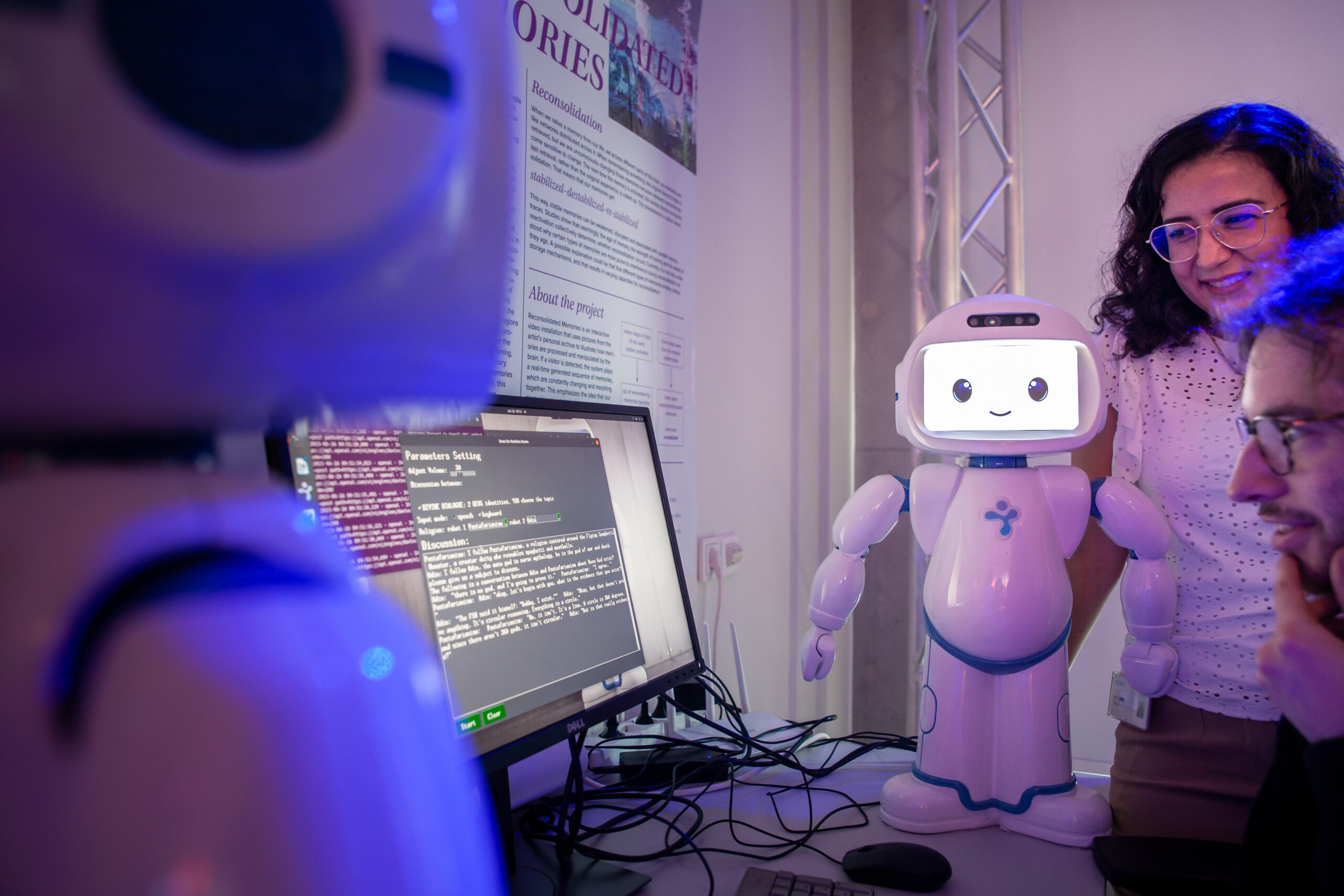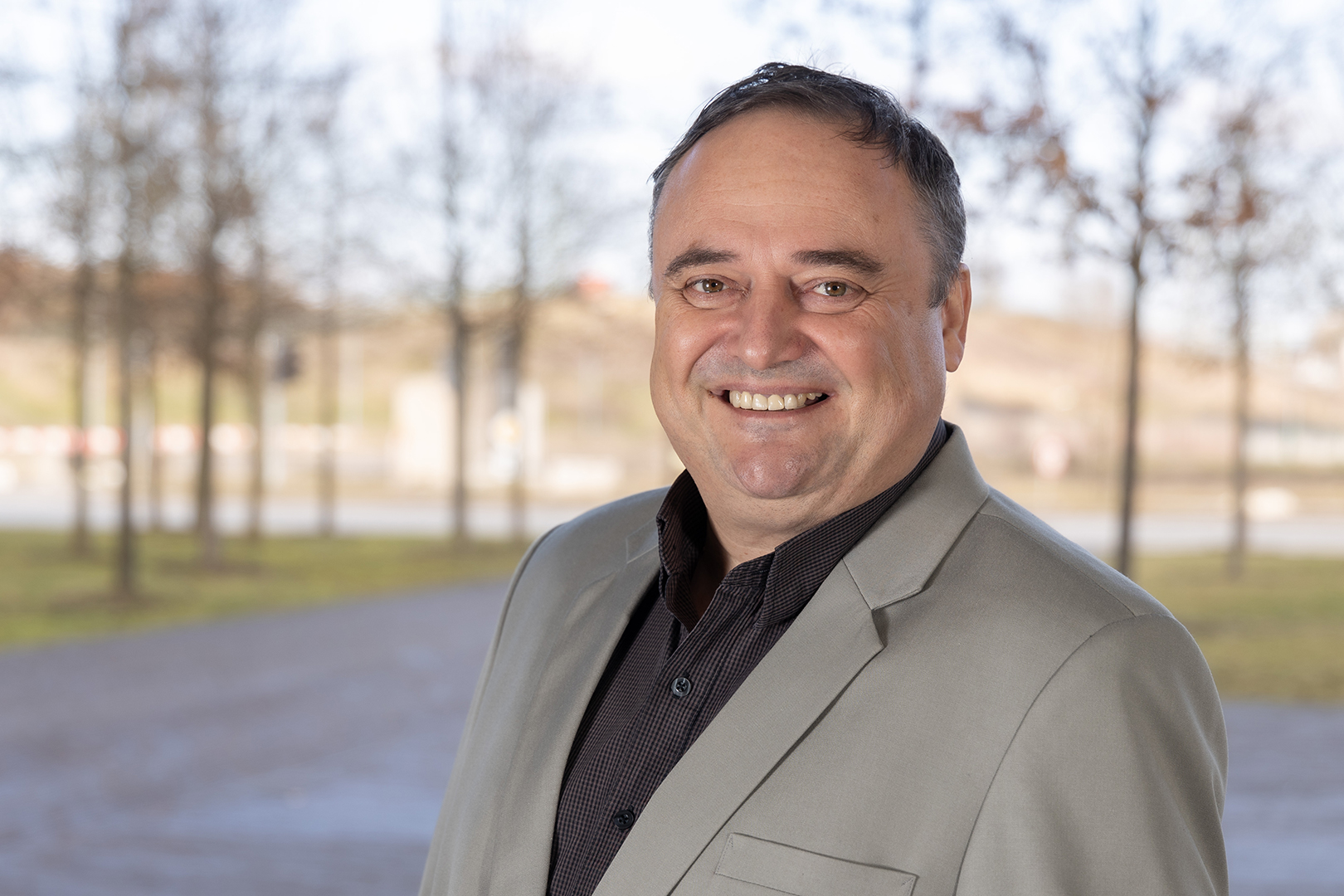Study and career opportunities
Graduates of the programme will be able to work in the following fields: numerical and data analyst, performance analyst and advisor, HPC architecture, and system development and support.
Doctoral Programme in High Performance Computing in Luxembourg (University of Luxembourg, LIST, LIH).
More info
Study programme brochure

Learning Outcomes
- Demonstrate a broad understanding of artificial intelligence, high performance data analytics, scientific computing, computational numerical analysis, and multidisciplinary knowledge of machine learning and data analytics, computational science – biotechnology, material science, physics, chemistry and mechanics (solid and fluid).
- Demonstrate a broad understanding of parallel programming (including GPU and FPGA), distributed systems, middleware technologies, software engineering, compilers, compiler optimisation, parallel programming design, applications & parallel performance analysis.
- Demonstrate a broad understanding of application life-cycle, component integration, software stacks (for CPU, GPU, FPGA CRGA), operating systems, kernel development, parallel file systems, high-speed networking, synchronisation, container technologies, virtualisation technologies, integration of HPC and cloud, server administration and infrastructure setup management & security.
- Demonstrate a broad understanding of SoC design, NoC design, microarchitecture, memory systems, circuit design (VLSI design flow), power dissipation, low-power design techniques, thermal power models.
Study perspectives
Graduates from the Master in High Performance Computing can continue with a PhD in Computer Science and Computer Engineering at the University of Luxembourg.
‟ Our Master relies on innovative curriculum and teaching paradigms, leading universities, top HPC experts, access to supercomputing centres and strong industry support. I am deeply convinced that in particular the new HPC/HPDA/AI specialisation will have a great impact on the development of HPC/HPDA/AI-based companies, R&D areas and the European economy as a whole.”

Study Programme Director
